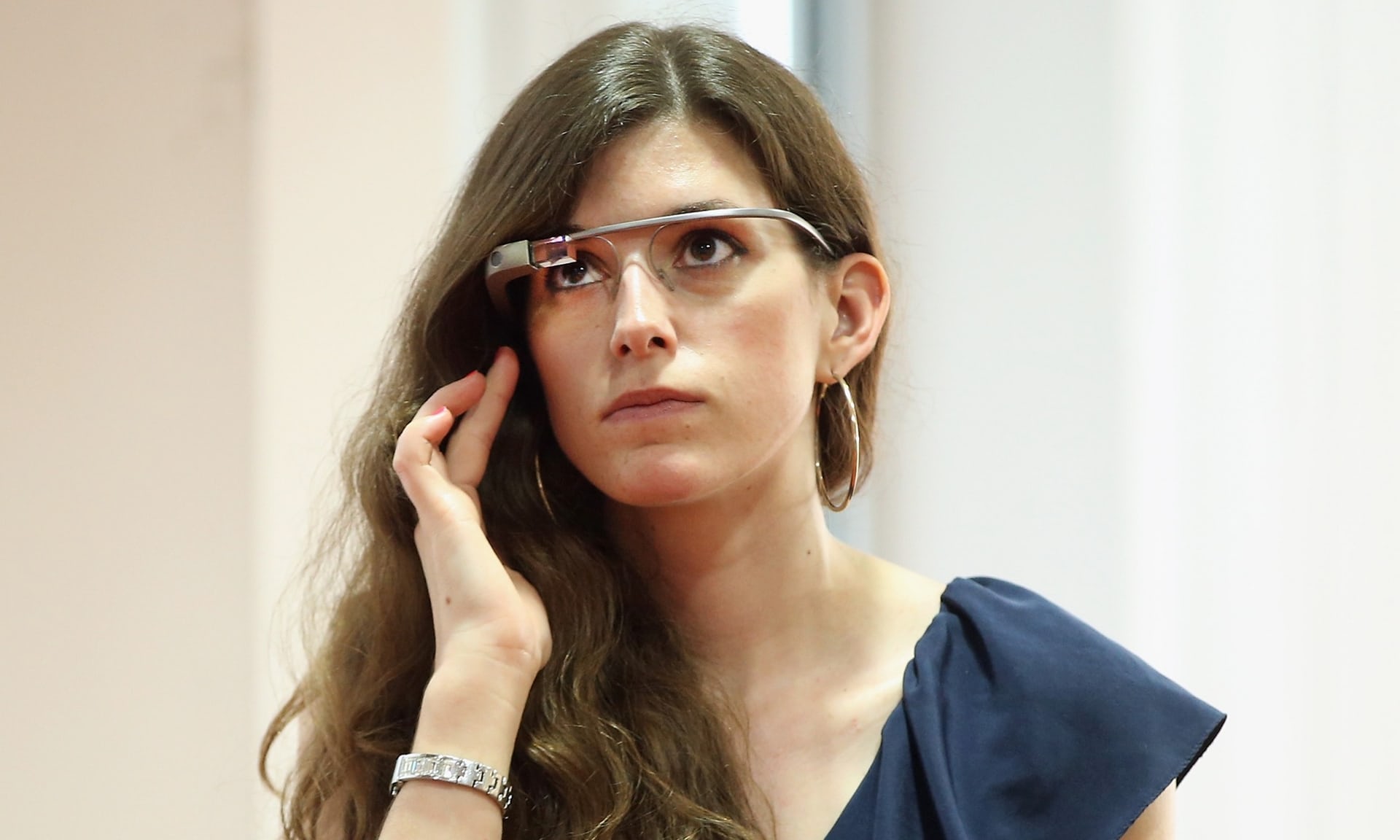What Makes You Click (2016)
“The biggest psychological experiment ever is being conducted, and we’re all taking part in it: every day, a billion people are tested online. Which ingenious tricks and other digital laws ensure that we fill our online shopping carts to the brim, or stay on websites as long as possible? Or vote for a particular candidate?
The bankruptcies of department stores and shoe shops clearly show that our buying behaviour is rapidly shifting to the Internet. An entirely new field has arisen, of ‘user experience’ architects and ‘online persuasion officers’. How do these digital data dealers use, manipulate and abuse our user experience? Not just when it comes to buying things, but also with regards to our free time and political preferences.
Aren’t companies, which are running millions of tests at a time, miles ahead of science and government, in this respect? Now the creators of these digital seduction techniques, former Google employees among them, are themselves arguing for the introduction of an ethical code. What does it mean, when the conductors of experiments themselves are asking for their power and possibilities to be restricted?”

